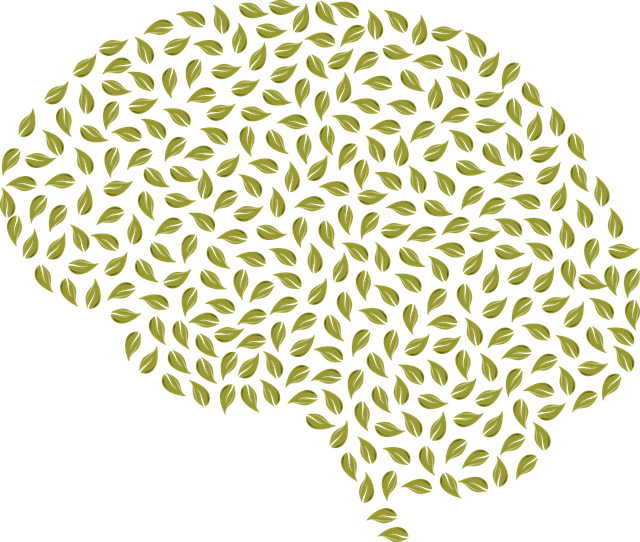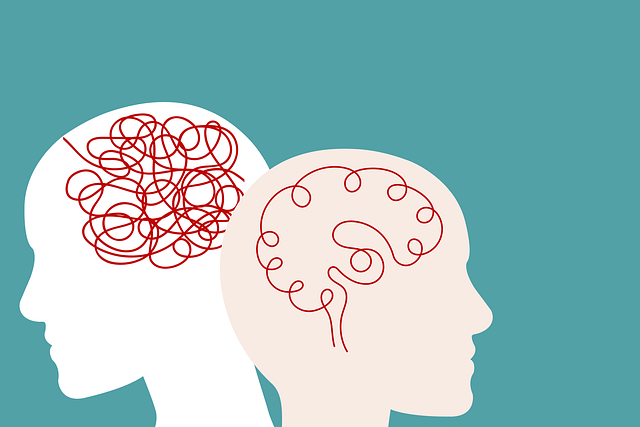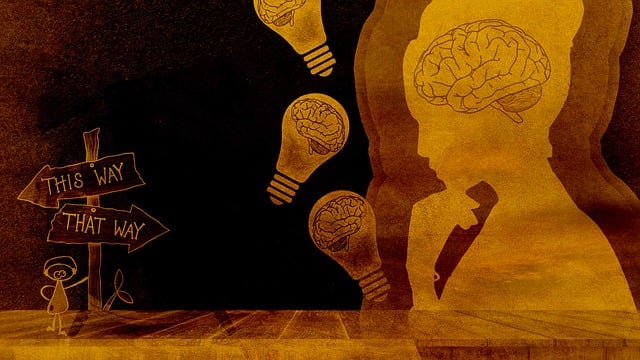Denver Biofeedback Therapy advocates for accurate and nuanced portrayals of mental illness in media, aiming to reduce stigma and foster empathy. They collaborate with professionals to provide authentic depictions, highlight diverse mental health stories, and integrate stress management techniques into narratives. By challenging stereotypes, they empower individuals and enrich society's understanding of mental health journeys.
In an era where media shapes public perception, accurate representation of mental illness is crucial. “Understanding Mental Illness Representation in Media: The Current Scenario” explores how media portrays various mental health conditions, often perpetuating stereotypes. “Denver Biofeedback Therapy” emerges as a promising solution, offering evidence-based treatments for more authentic and nuanced portrayals. This article delves into strategies to enhance media representation, emphasizing the collective role of media professionals and mental health experts in fostering awareness and empathy.
- Understanding Mental Illness Representation in Media: The Current Scenario
- Denver Biofeedback Therapy: A Potential Solution for Accurate Portrayals
- Strategies to Enhance Media Portrayal of Mental Health: A Comprehensive Approach
- Promoting Awareness and Empathy: The Role of Media and Mental Health Professionals
Understanding Mental Illness Representation in Media: The Current Scenario

The representation of mental illness in media has long been a topic of discussion and debate. Currently, many narratives still rely on stereotypes or present an oversimplified view, often failing to capture the complexity and diversity of lived experiences. This is particularly true for less common disorders, leaving audiences with limited understanding or even misinformation. The impact of such representation is significant, as media plays a pivotal role in shaping public perception. For instance, characterizing mental illness as solely dramatic or dangerous can contribute to stigma and fear.
In this context, Denver Biofeedback Therapy offers a promising approach by promoting accurate and nuanced portrayals. Through initiatives that emphasize the human story behind mental health struggles, they aim to foster empathy and awareness. This shift towards more authentic representation encourages viewers to connect with individuals battling similar challenges. Moreover, integrating support systems like Social Skills Training and Inner Strength Development can provide valuable insights into effective coping strategies, while Crisis Intervention Guidance in media content ensures a responsible and helpful response to sensitive topics, ultimately enriching the conversation around mental illness.
Denver Biofeedback Therapy: A Potential Solution for Accurate Portrayals

Denver Biofeedback Therapy is emerging as a promising solution to enhance accurate representations of mental illness in media. By focusing on evidence-based practices, this innovative approach offers a unique perspective on addressing and depicting various mental health challenges. It involves utilizing biofeedback techniques to provide individuals with greater self-awareness and control over their physiological responses, thereby improving overall mental wellness. This therapy is particularly valuable for those seeking alternative treatment options beyond traditional talk therapy or medication.
In the context of media portrayal, Denver Biofeedback Therapy can contribute to creating more realistic and nuanced characters with mental illness. Through its emphasis on stress management and reduction methods, this therapy allows individuals to take charge of their emotional well-being. Imagine a Mental Wellness Podcast Series Production where biofeedback techniques are discussed as viable tools for stress reduction, inspiring listeners to explore these methods and fostering a deeper understanding of self-care. This shift towards accurate representation can lead to increased empathy and reduced stigma surrounding mental health issues in society.
Strategies to Enhance Media Portrayal of Mental Health: A Comprehensive Approach

Media has a powerful influence on shaping societal perceptions, and accurate representation of mental illness is crucial for fostering understanding and reducing stigma. To enhance media portrayal of mental health, a comprehensive approach involving diverse stakeholders is necessary. Content creators should prioritize authenticity by consulting with mental health professionals to ensure accuracy in symptoms, treatment options, and recovery journeys. Incorporating stories that showcase the spectrum of mental illnesses, including less-understood conditions, can help expand public awareness.
Additionally, media outlets can contribute to positive change by highlighting effective treatments like Denver Biofeedback Therapy, which focuses on emotional healing processes through mind-body connection. By integrating compassion cultivation practices and stress management techniques into narratives, media can promote empathy and understanding. Encouraging open conversations about mental health in entertainment and news platforms will facilitate a more compassionate society, ultimately supporting individuals navigating their own journeys.
Promoting Awareness and Empathy: The Role of Media and Mental Health Professionals

Media plays a pivotal role in shaping societal perceptions about mental health. By accurately and sensitively representing individuals living with various conditions, it can foster awareness and empathy among the general public. This is where Denver Biofeedback Therapy, alongside mental health professionals, steps in to challenge stereotypes often perpetuated by the media.
Through collaborative efforts, they can ensure that stories of resilience and recovery are showcased, promoting a more nuanced understanding of mental illness. By integrating insights from experts and employing strategies like positive thinking and emotional regulation techniques, media platforms can contribute to breaking down barriers and encouraging support for those in need. This collective approach not only enhances public knowledge but also encourages individuals to seek appropriate help, ultimately benefitting the overall well-being of society.
In addressing the challenge of mental illness representation in media, Denver Biofeedback Therapy offers a promising solution for more accurate and sensitive portrayals. Combined with comprehensive strategies that involve both media outlets and mental health professionals, we can foster increased awareness and empathy. By promoting understanding and reducing stigma, these collaborative efforts will ultimately contribute to better support for individuals facing mental health challenges.












